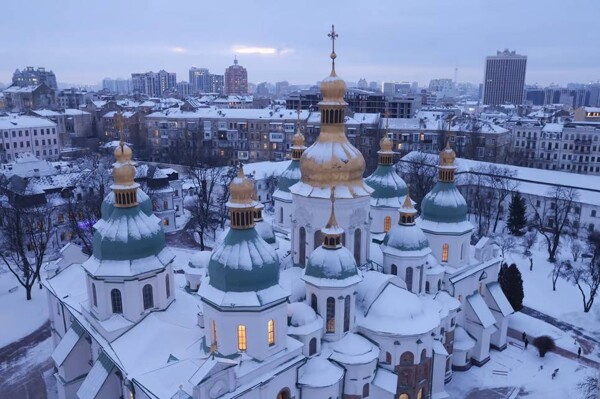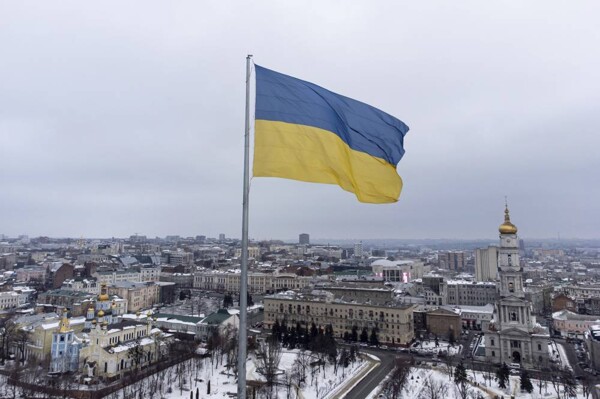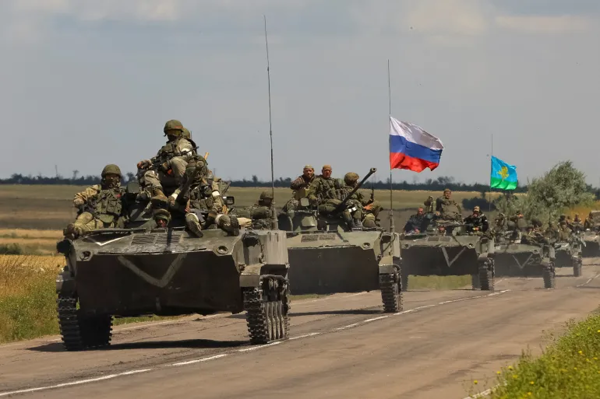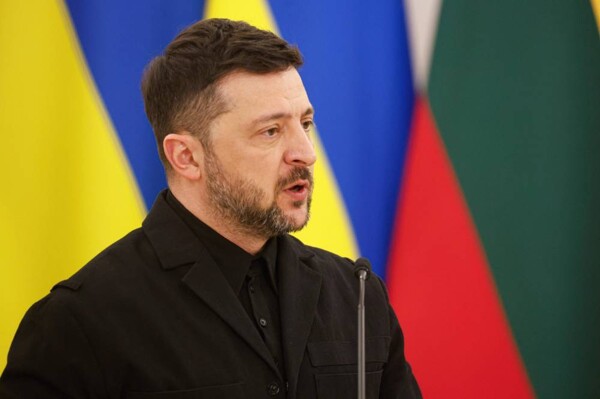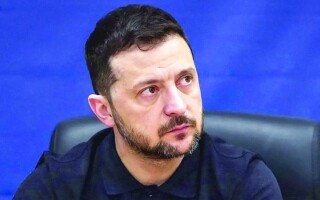
The President of the USA, Donald Trump, stated that he would work on ending the war in Ukraine, but this will likely take more time than usual, as he is used to speaking in his speeches. However, the President of Russia, Vladimir Putin, seems not to be in a hurry and is not planning to make concessions or accept an agreement that does not meet his conditions.
In the course of the third year of the war, it seems that Putin believes the time works in his favor and he has the advantage over Ukraine and its Western allies. His approach to power is characterized by a demonstration of stubborn confidence, regardless of objective reality, which makes his thinking difficult for predictions, especially considering that the process of making decisions in the Kremlin has become more enigmatic.
Messages from the front should be filled with optimism, since Russia is demonstrating a strong offensive potential and concentrates its forces around the strategic city of Bakhmut. Ukrainian lines are beginning to collapse, and if Russia actually imposes measures that this will take a long time before they show noticeable impact.
Putin believes that time works in his favor, which is key to understanding his reasoning and broader ideas. The Russian leadership does not perceive a real pressure for transition to a punitive peace until this leads to the capitalization of Ukraine.
Despite Trump's optimism as making 'deals and peace,' Kremlin calculations indicate that Ukraine without Western guarantees of security may become a fragile state, lacking population and subjected to the risk of fragmentation. Putin is effectively framing the diplomatic field, presenting himself as a reasonable person, simultaneously blaming everyone but himself for the destructive war.
Putin aims for a peace agreement with Trump, but not with Ukrainian President Zelensky or Europe. His demands include recognition of the annexation of Ukrainian territories, protection of the rights of Russian speakers in Ukraine, and alleviation of Western sanctions.
In the event of a successful agreement with Trump, the Kremlin may agree to a ceasefire and freezing of the current front line while Trump remains in power. Putin may extend the war for another year to achieve his goals through the battlefield.
Believing that Ukraine lacks time or resources for endurance, Putin is confident that Russia can continue the struggle, seeking a decisive victory on the battlefield. Russian oil revenues give him confidence in the ability to resist new sanctions and harmful actions from American skirmishes affecting income inflation.
On the other hand, Ukraine is vigorously fighting to restore its strength. Time will show how negotiations unfold, but the economic base of the Western defense industry will seek to maintain arms supplies to Ukraine.
Regardless of alternatives, Putin appears self-assured on the world stage and with Trump, while the threats of implementing new sanctions against Russia do not unsettle the Kremlin. On the Ukrainian side, there is a lack of confidence in political and material support from Trump and Europe.
If the political wave is already present, the military industrial base of the West will continue to supply Ukraine with weapons at the maintained levels.











